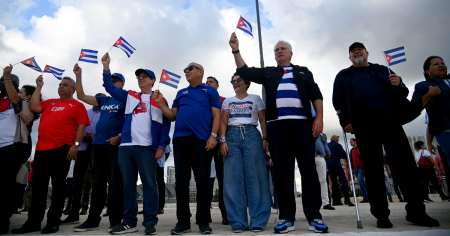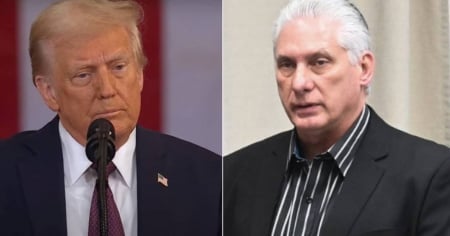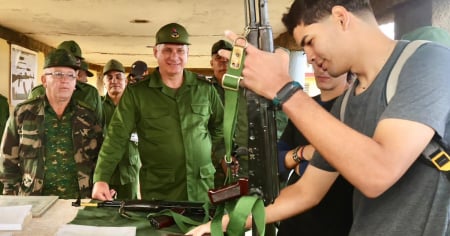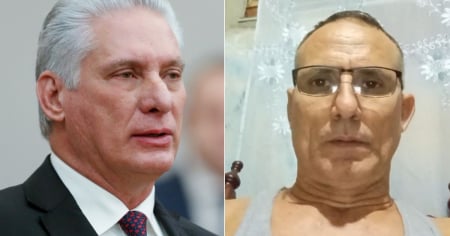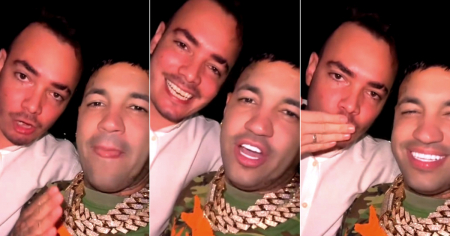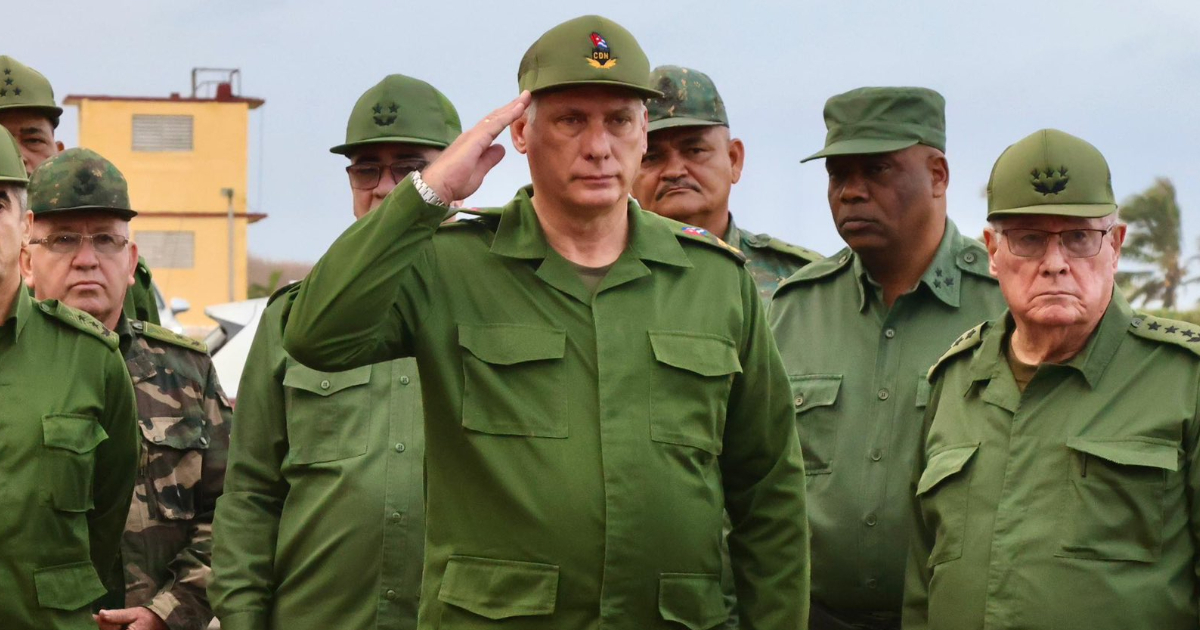
Related videos:
The Cuban regime appears to have suspended or slowed the process of releasing political prisoners, as warned by the Cuban Observatory of Human Rights (OCDH) this Tuesday.
The organization expressed its "utmost concern" after noting that, by one o'clock in the afternoon (local time) on Tuesday, no new prisoner releases had been recorded, despite the expectations raised by this measure, which the regime announced as an agreement between the Vatican and Havana, rather than a negotiation with the United States.
However, the slowdown in prison releases coincides with the decision of the new president Donald Trump to return the island to the list of state sponsors of terrorism.
The OCDH reminded that, in its announcement regarding the commencement of the releases, the Cuban government had mentioned the "spirit of the Jubilee Year of the Catholic Church" as a motivating factor in the process.
The NGO noted that, despite the official proclamation, the process has been characterized by a lack of transparency and the absence of a clear commitment to release all political prisoners immediately.
"The Cuban regime has justified this release as a 'unilateral and sovereign' decision," stated OCDH, adding that, in their view, "no policy adopted by the United States or other countries should be the reason to delay or cancel this process."
The organization also criticized the Cuban government for continuing its old strategy of using prisoners as "bargaining chips," while attempting to present a facade of not succumbing to external pressures and fully controlling the pace of releases.
According to the OCDH, these tactics are "contrary to the jubilar spirit" and do not align with the current times of international relations.
The Cuban Observatory of Human Rights has maintained constant contact with the families and associates of political prisoners, who live with "uncertainty and despair" regarding the future of their loved ones.
"Until one in the afternoon today, we have not been informed of any new releases," explained the NGO.
As of Monday afternoon, the Cuban regime had released 166 political prisoners, according to a record from the OCDH, which has been confirmed by the families of those released or by the released prisoners themselves.
At the same time, the organization Justicia 11J has expressed its concern over the lack of new releases this Wednesday, in the context of the process for granting prison benefits that began on January 15. According to reports from the group on their social media, by 3:00 PM in Cuba, there had been no information received about new releases, which raises alarms following the recent decision by the United States to re-list the island among the countries sponsoring terrorism.
In a statement, Justicia 11J demanded that the Cuban regime not halt the releases and fulfill the commitments made with the Catholic Church. Additionally, it called for transparency in the process and the publication of the list of individuals who have benefited so far. As of the last update, the organization had confirmed the release of 145 political prisoners and the granting of benefits to another 8, totaling 153 individuals affected.
Frequently Asked Questions about the Release of Political Prisoners in Cuba
Why has the Cuban regime halted the release of political prisoners?
The releases have been halted or slowed down coinciding with President Donald Trump's decision to return Cuba to the list of state sponsors of terrorism. The Cuban regime uses prisoners as "bargaining chips" in its international relations, and inclusion on the terrorism list could be influencing decisions regarding releases.
What role has the Vatican played in the release of prisoners in Cuba?
The Vatican has acted as a mediator in the negotiations that led the Cuban regime to announce the release of 553 individuals. Pope Francis described the releases as a "gesture of great hope" and has urged that such initiatives continue in the spirit of the Jubilee Year.
How many political prisoners have been released in Cuba recently?
According to the Cuban Observatory of Human Rights, at least 114 political prisoners have been released as of January 19, 2025. However, the process has been criticized for its lack of transparency and for not releasing all political prisoners immediately.
What does the agreement between Cuba and the United States that has facilitated the releases consist of?
The agreement, mediated by the Vatican, involves the release of a significant number of political prisoners in Cuba in exchange for the United States removing the island from the list of state sponsors of terrorism and suspending Title III of the Helms-Burton Act. This agreement aims to improve diplomatic relations and alleviate some economic sanctions imposed on Cuba.
Filed under:

